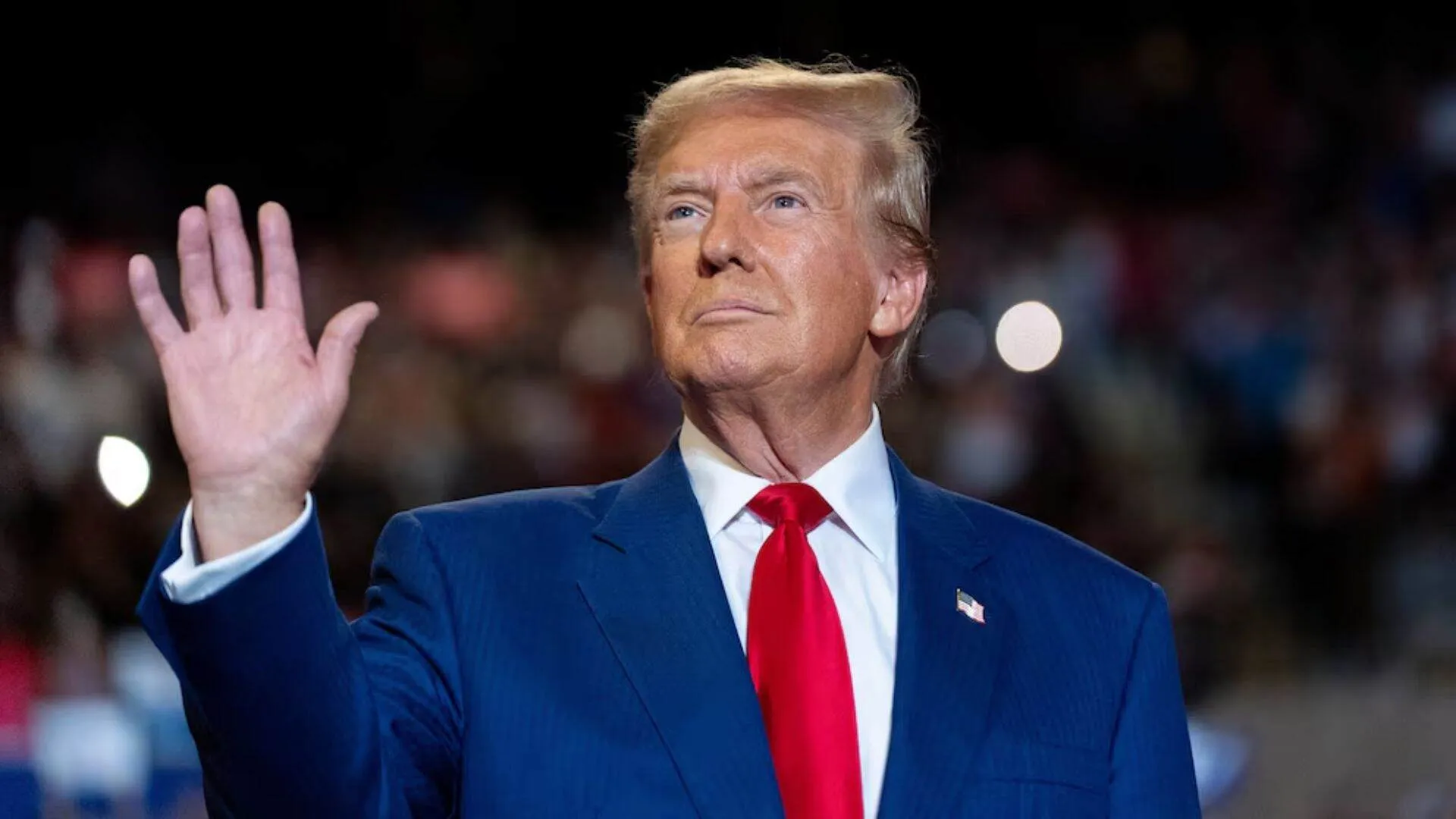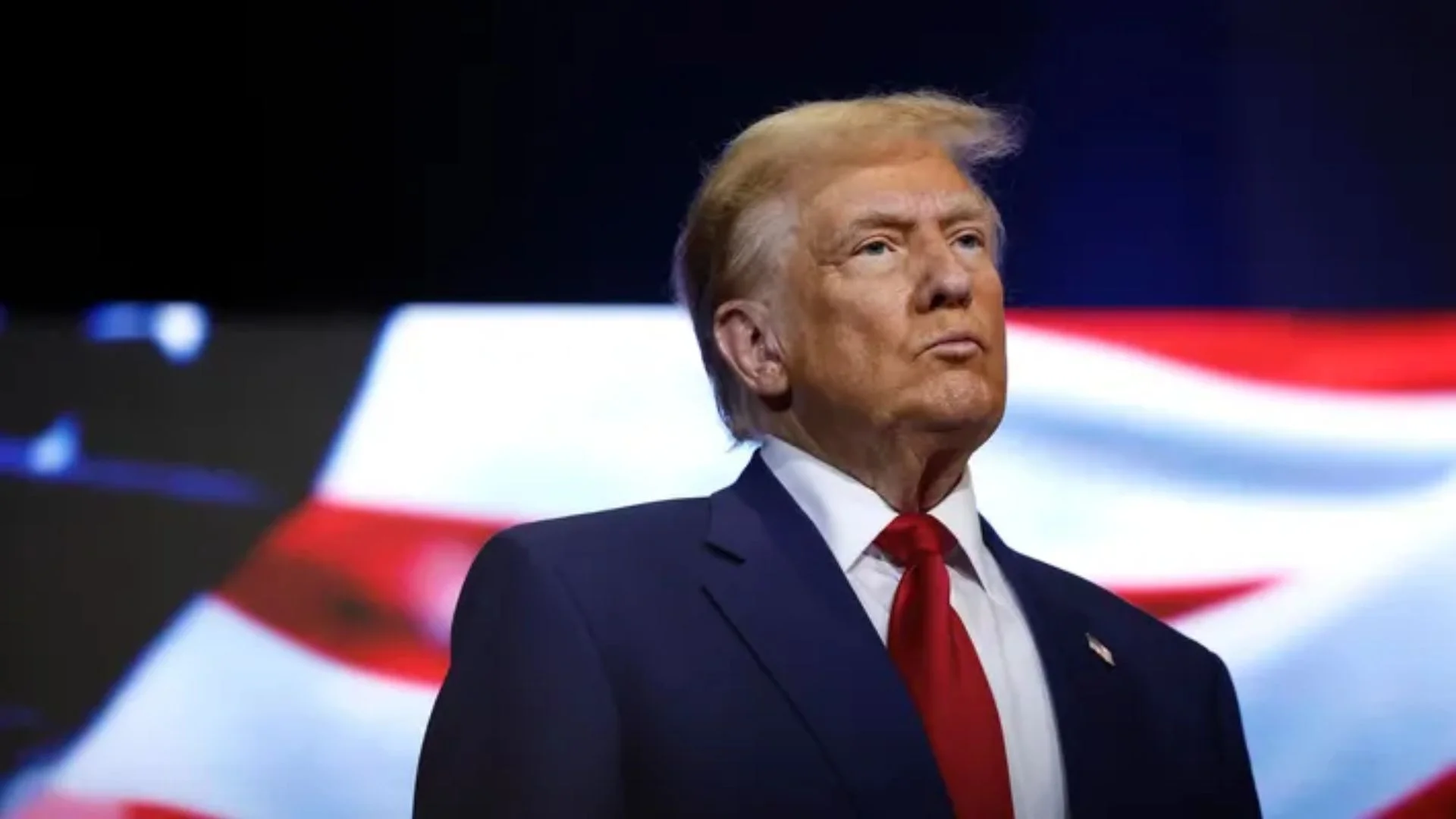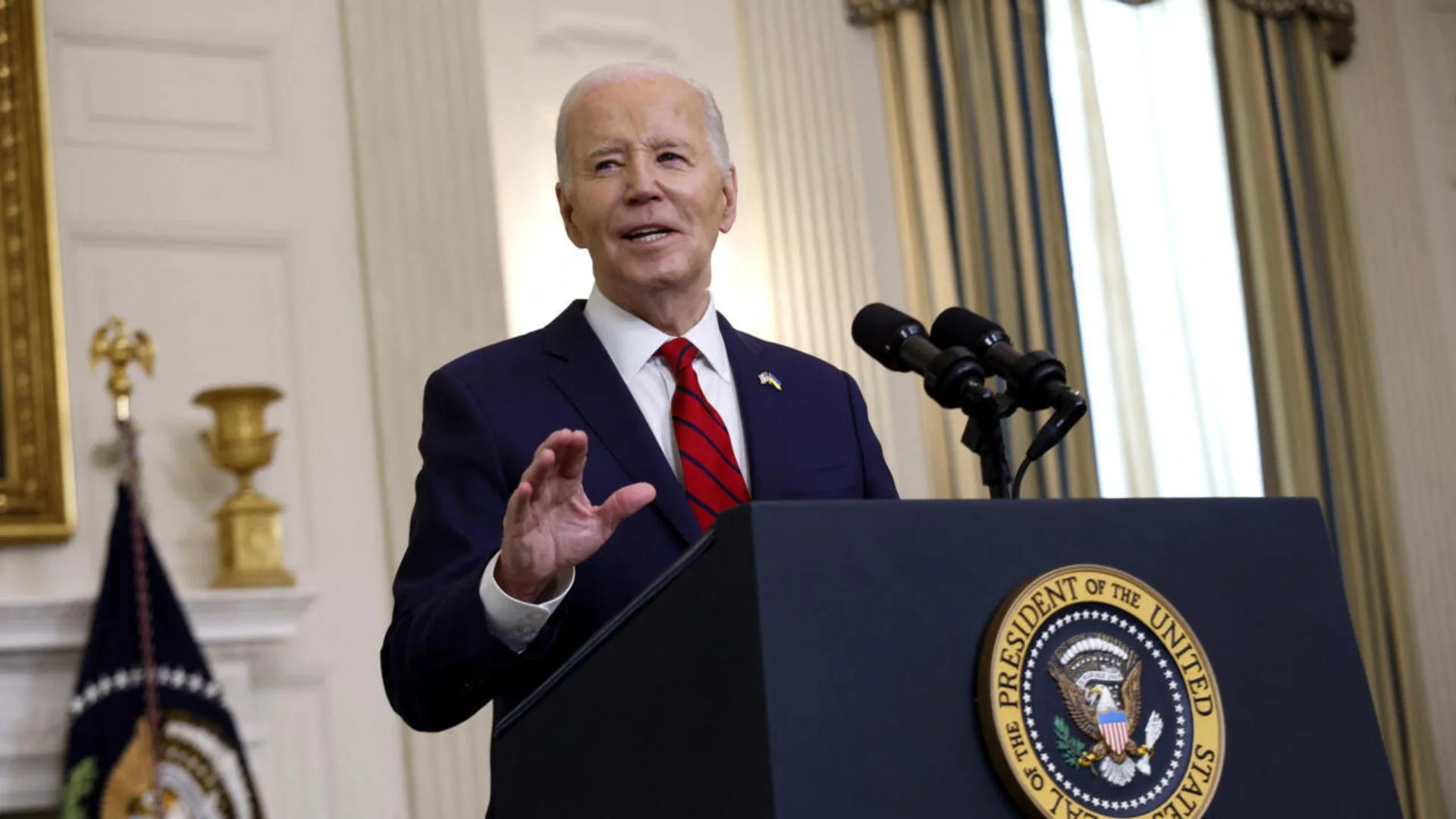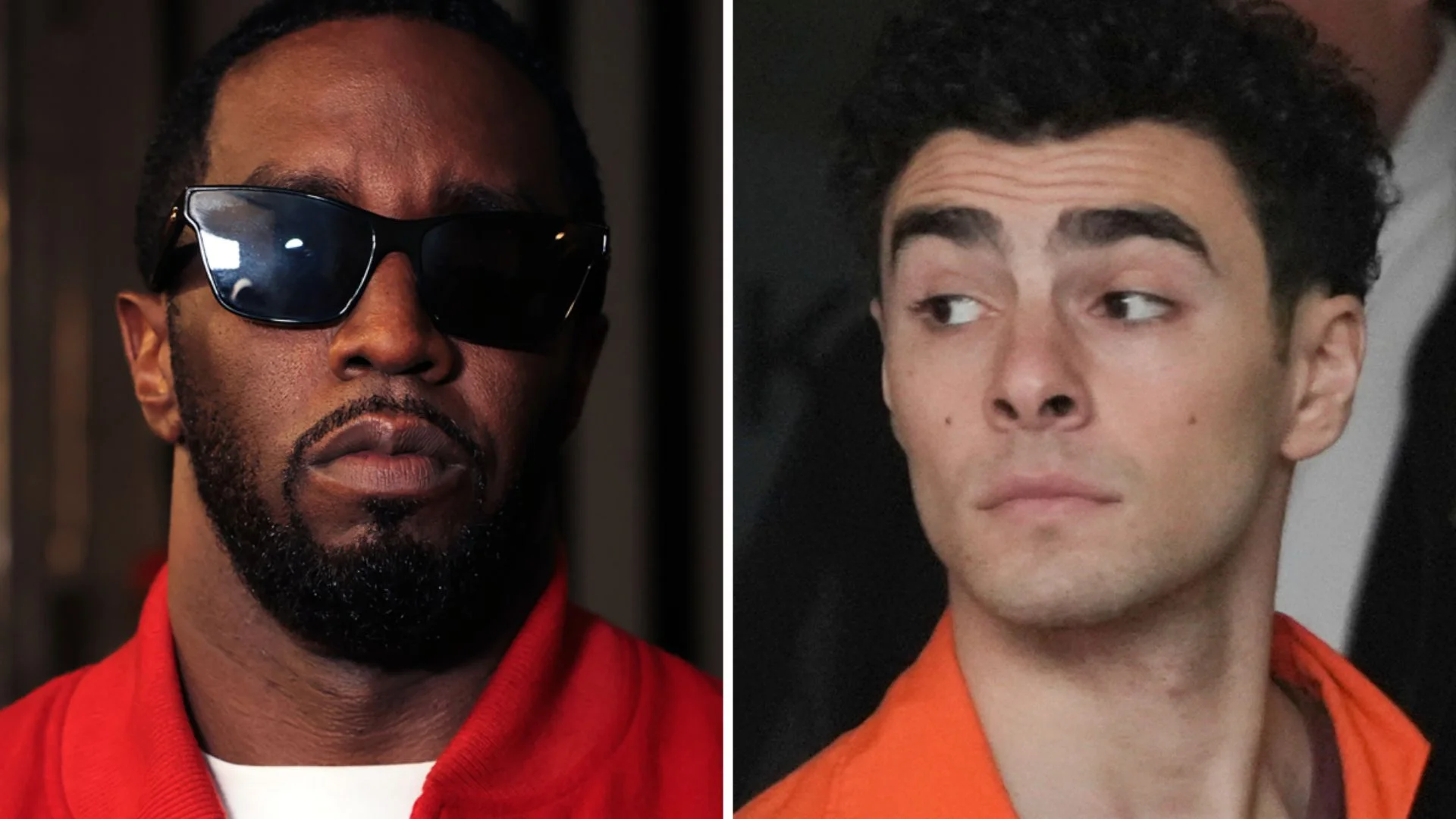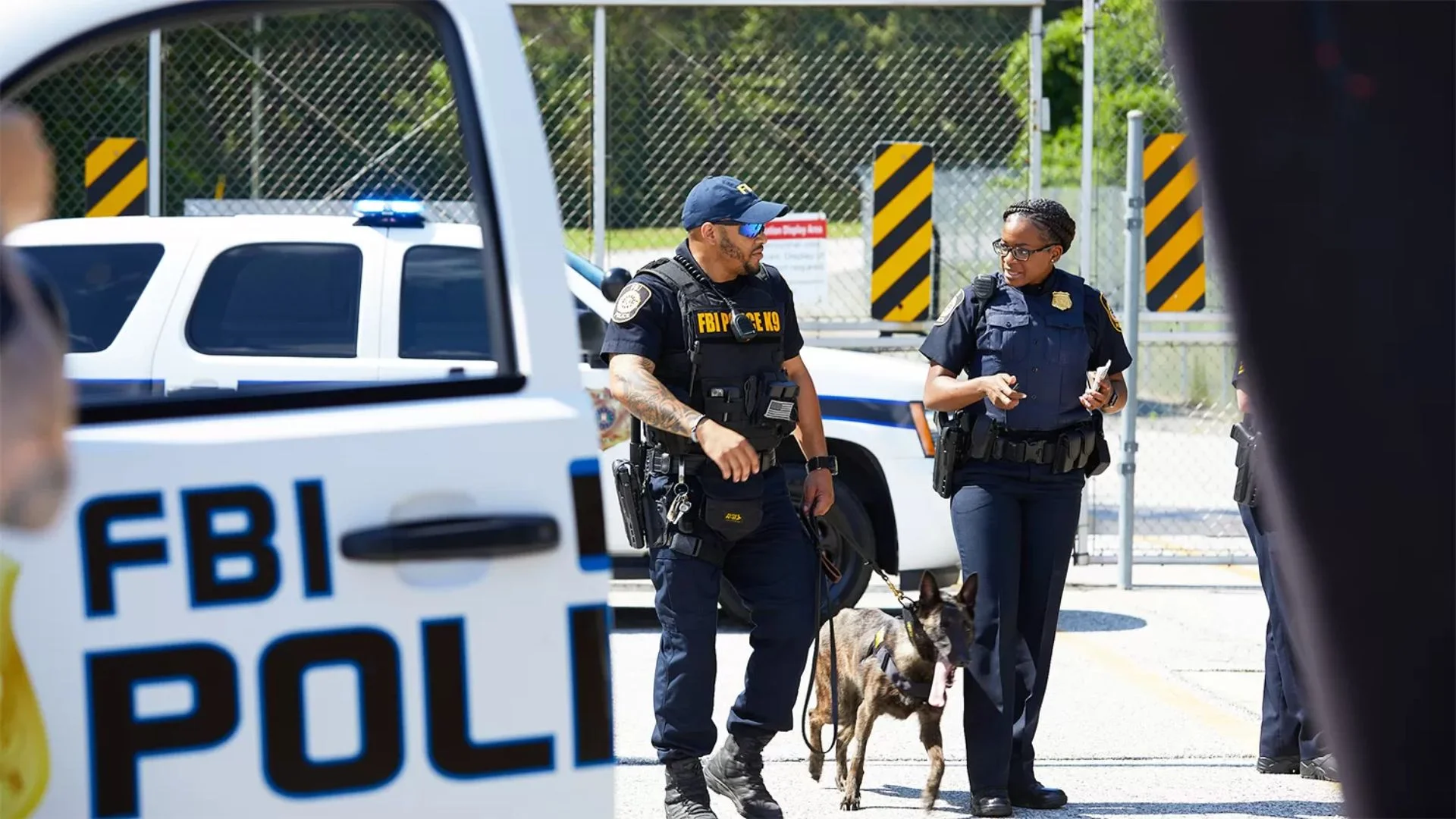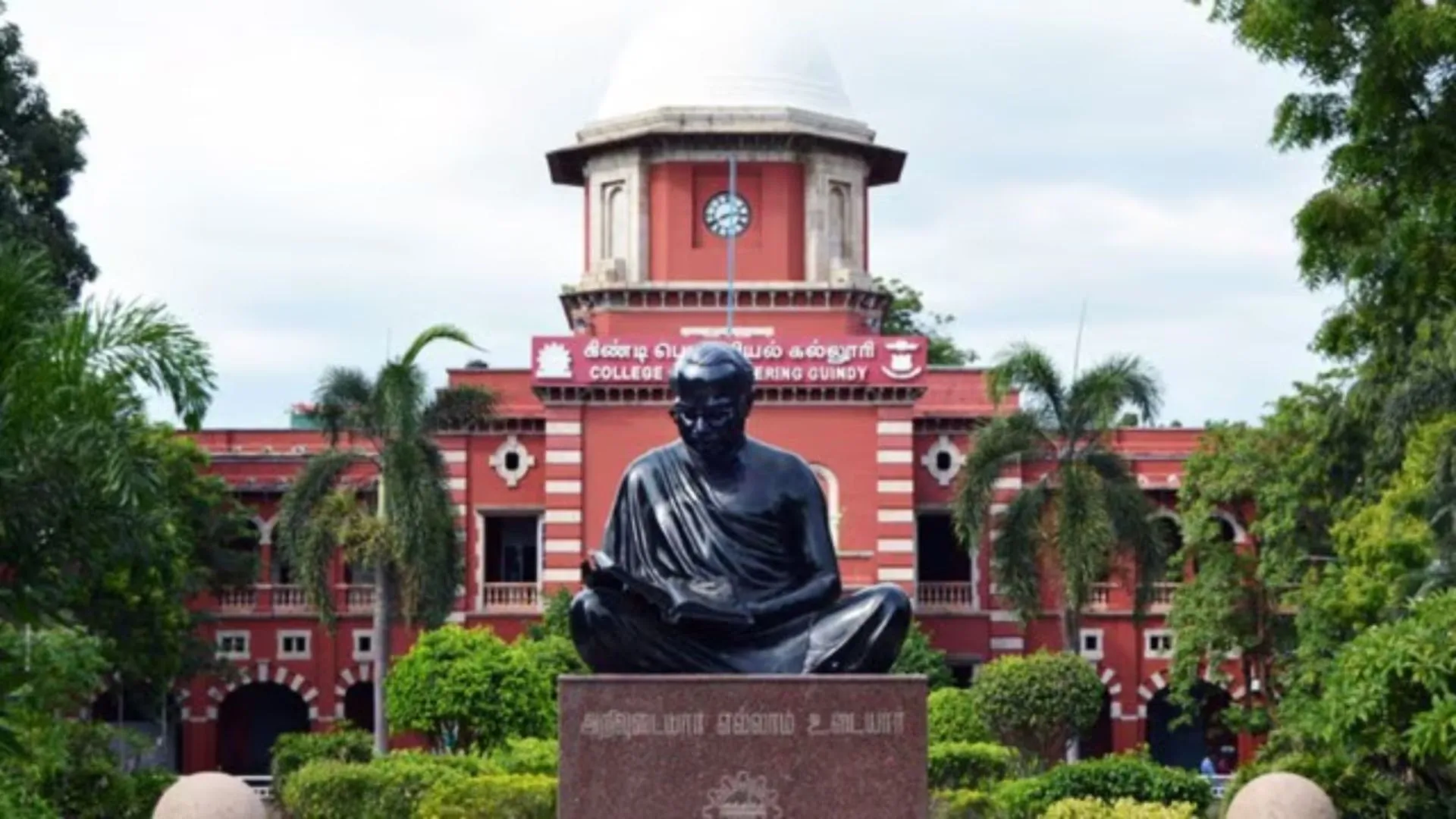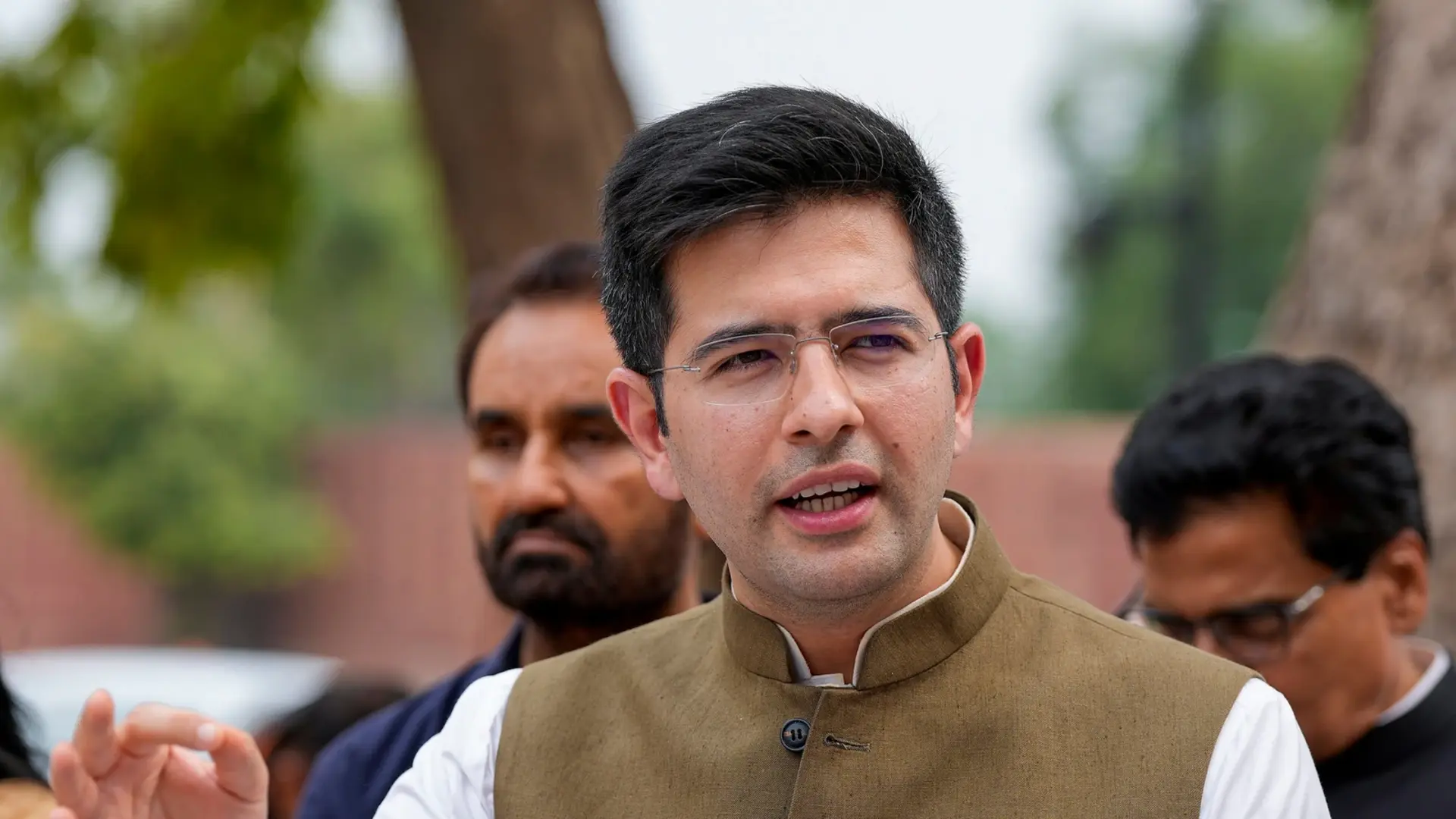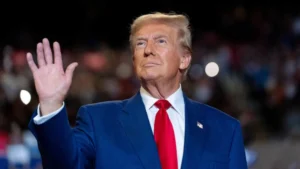President-elect Donald Trump has pledged to reinstate federal executions following President Joe Biden’s decision to commute 37 federal death row sentences to life imprisonment. Trump labeled the move senseless and disrespectful to victims’ families.
Trump’s Advocacy for Capital Punishment
Trump vowed to instruct the Justice Department to prioritize the death penalty for violent criminals. He referenced cases such as Jorge Avila Torrez, a convicted murderer, and Thomas Steven Sanders, who killed a mother and her child.
Biden’s Decision Sparks Divided Opinions
Biden’s actions align with his moratorium on federal executions, reserving capital punishment for cases involving terrorism or hate crimes. While advocacy groups applauded the move, some victims’ families expressed their frustration.
Biden retained the death penalty for three high-profile inmates: Charleston church shooter Dylann Roof, Boston Marathon bomber Dzhokhar Tsarnaev, and Pittsburgh synagogue attacker Robert Bowers.
Trump’s Campaign Goals and Legal Hurdles
On the campaign trail, Trump supported expanding the federal death penalty for crimes like drug trafficking and murdering law enforcement officers. However, experts caution that these proposals face significant legal and procedural challenges.
Federal vs. State-Level Death Penalty
Most death penalty cases are managed at the state level, where over 2,000 inmates await execution, compared to 40 federally. Trump may consider federalizing cases from states that have abolished capital punishment.
A Clash Over Capital Punishment
Trump’s intent to broaden the use of the death penalty starkly contrasts with Biden’s restrictive approach. This divide underscores a broader national debate on justice and the role of capital punishment in the United States.

